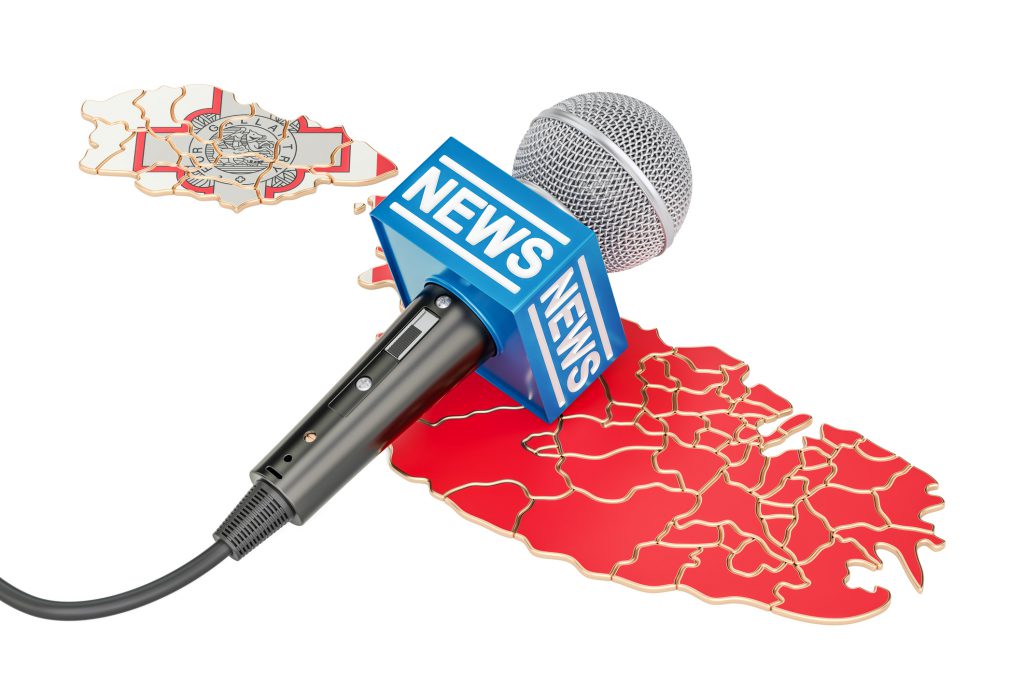State broadcasting and news manipulation

In an era where information is at our fingertips, the role of state broadcaster news bulletins in shaping public opinion and fostering a well-informed citizenry cannot be overstated. However, with great power comes great responsibility, and recent developments have raised concerns about the potential consequences of manipulation within these crucial sources of information.
The very essence of a state broadcaster lies in its commitment to impartiality, accuracy, and fairness. It serves as the voice of the nation, reflecting diverse perspectives and offering a reliable account of current events. Any deviation from these principles poses a threat to the democratic fabric of our society. Manipulation in state broadcaster news bulletins not only undermines the public’s trust but also jeopardizes the very foundation of a healthy democracy.
One of the most alarming consequences of manipulation in news bulletins is the distortion of reality. When news is selectively presented or altered to suit a particular agenda, citizens are misled, making it challenging for them to make informed decisions. This distortion erodes the essence of democracy, where an enlightened electorate is fundamental to the functioning of a just and fair society.
Unfortunately, in Malta it seems that the evening news bulletin is more of a ministerial and State events diary, court reporting and serious crime. All other issues barely get a mention unless at some point there is some ministerial intervention. A recent case in point was the controversy which erupted in Mosta which did not feature at all, until the decision to uproot the trees was reversed. Meanwhile, the traffic mayhem which paralysed the central region of the island which coincided with a large gaming fair, was conspicuously absent from the news bulletin. Such instances raise questions on why the content of the news bulletin seems to be in oblivion of what is going on in the social media, which more often than not offers a snapshot of the nation’s mood and state of mind. It is no wonder that in a recent Eurobarometer survey the Maltese State Broadcaster ranked among the least trusted by its own people.
Moreover, manipulation in state broadcaster news bulletins can contribute to the polarization of society. By amplifying certain narratives and suppressing others, these manipulations can deepen existing divides, fostering an environment where citizens are pitted against each other based on differing interpretations of reality. This not only weakens social cohesion but also hampers the ability of the public to engage in constructive dialogue.
Another critical concern is the erosion of journalistic integrity. State broadcasters, as public institutions, should adhere to the highest standards of journalism. Manipulation compromises these standards, tarnishing the reputation of the media and diminishing its role as a watchdog that holds those in power accountable.
To address these concerns, a collective effort is required. Citizens must remain vigilant, critically evaluating the information presented in state broadcaster news bulletins. Media literacy programs should be implemented to empower the public with the skills needed to discern credible information from manipulative content.
Furthermore, there must be an unwavering commitment from within state broadcaster organizations to uphold the principles of journalistic integrity. Editorial boards, journalists, and producers must prioritize accuracy, impartiality, and fairness over any external pressures.
The consequences of manipulation in state broadcaster news bulletins are far-reaching and threaten the very core of our democratic values. It is imperative that we, as citizens, demand transparency, accountability, and a commitment to truth from those responsible for shaping our collective narrative. Only through a united effort to preserve the integrity of our information sources can we safeguard the foundations of a healthy and vibrant democracy.
